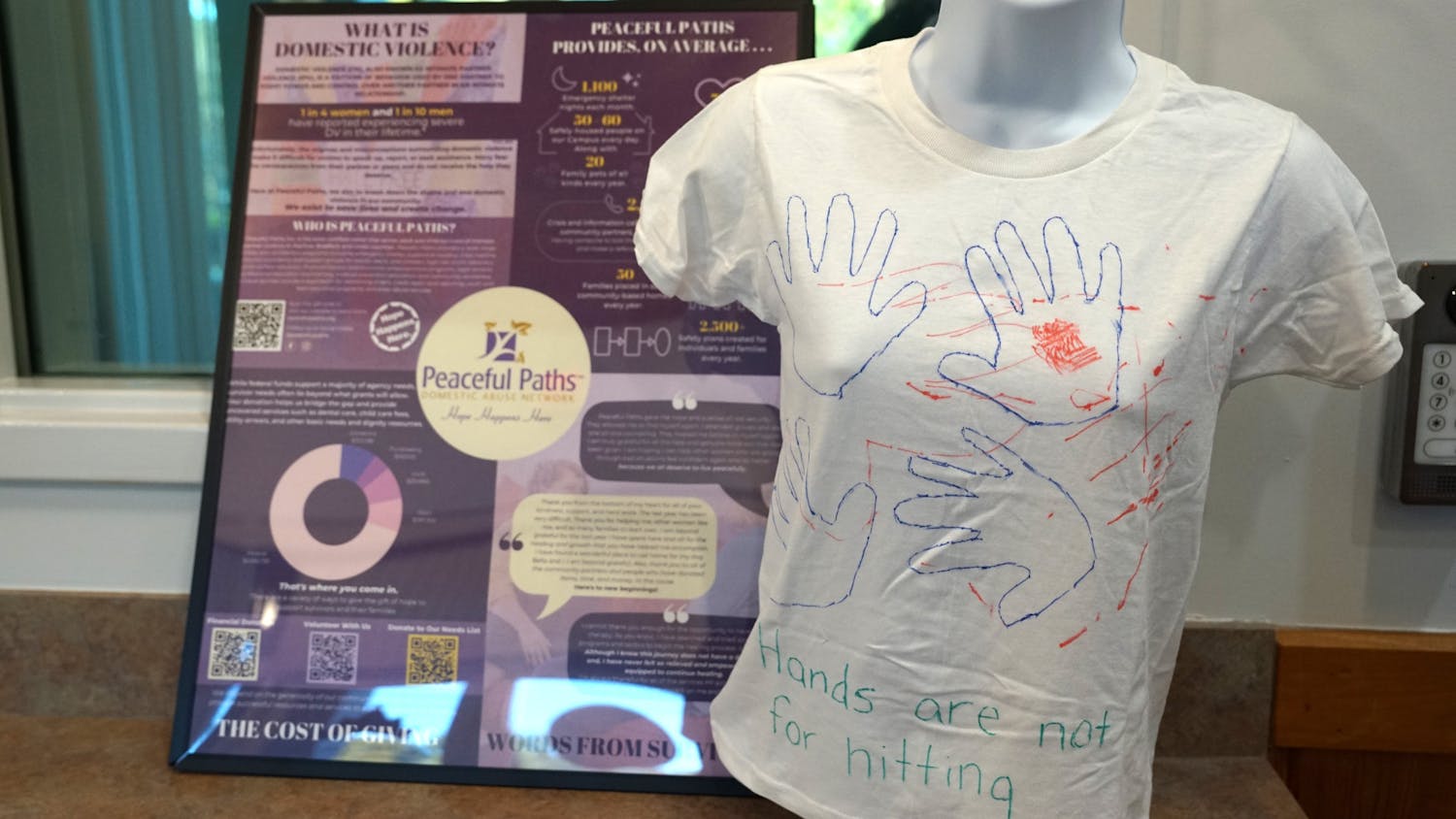When Woody Allen won the Golden Globe lifetime achievement award a few weeks ago, an old debate reignited: Is it right to celebrate artists who have committed — or been accused of committing — heinous crimes?
In the early 1990s, actress Mia Farrow went public with stories of abuse that he inflicted on her and his then-children. The most striking were Farrow’s accounts of Allen’s sexual abuse of her then-daughter, Dylan Farrow, who was 7 at the time. According to the Washington Post, Allen was never convicted, and his 1992 child molestation charges were ultimately dropped.
After the media back-and-forth died down following Allen’s Golden Globes recognition, Dylan Farrow came forward for the first time and published an open letter in The New York Times detailing the abuse she suffered. In the letter, she criticized the message Hollywood sends victims of abuse at the hands of a powerful individual: that powerful abusers are accepted back into the industry while the victims are ignored.
Allen and Sony Pictures have since denied any wrongdoing on the writer and director’s part, according to the Washington Post. Because the statute of limitations on Dylan Farrow’s case ran out at least 15 years ago, as Litchfield County state attorney Frank S. Maco told the Post, it’s likely Farrow’s public condemnation of Allen will eventually fade away.
It’s an all-too-familiar case in the entertainment — and sport and political — arena. While it’s impossible to mention Amanda Bynes, Britney Spears, Lindsay Lohan or Demi Lovato without someone bringing up their DUIs and mental breakdowns, prominent male celebrities often escape the intense scrutiny that’s afforded to young starlets. Furthermore, the debate about whether art produced by criminals has value is pointless. It’s clear, given our history of convenient forgetfulness, that famous men will continue to be celebrated despite their past transgressions.
The obvious anomaly is Chris Brown, whose very name seems to be synonymous with physical abuse. In fact, Rihanna’s abuse at the hands of Brown continues to be the punchline to a joke about men who beat their girlfriends.
However, many other men continue to work and win awards despite horrific criminal records. Google Sean Penn, and you’d be hard-pressed to see any mention of his felony domestic assault charge from when he beat his then-wife, Madonna, with a baseball bat. Ditto Roman Polanski and his arrest for raping a 13-year-old girl; ditto Sean Connery and his alleged abuses against his former wife; ditto Charlie Sheen, who shot his former fiancee Kelly Preston in the arm in 1990 and his 2009 charges of assaulting and threatening his wife Brooke Mueller; ditto Mike Tyson and his prison sentence after he was convicted of rape in 1992.
Because movie, TV and recording executives and these criminals’ peers refuse to hold abusers accountable, it’s up to you, the consumers, to send a message to the entertainment industry. Don’t go to movies starring and directed by artists with histories of violence, don’t buy their CDs, don’t purchase their merchandise — and always, always research the backgrounds of your idols.
[A version of this editorial ran on page 6 on 2/3/2014 under the headline "Hollywood’s code of silence punishes victims of abuse"]




